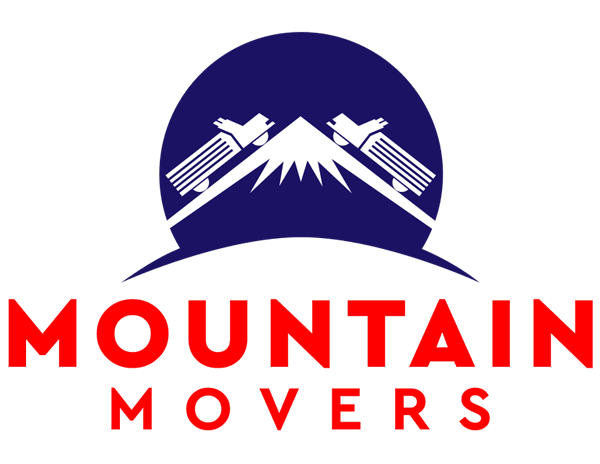Creating a moving checklist for homeowners helps you stay organized during this busy time. Moving to a new home involves several steps that require careful planning and precise timing. This guide covers the main tasks you need to handle before, during, and after your move.
A comprehensive moving team approach involves considering every detail from start to finish. These tips will help make your move smoother and less stressful.
Setting a Moving Timeline
Start planning your move by picking a specific moving date and working backwards. Think about how big your home is, how far you’re moving, and what else you have going on during that time. Create a week-by-week schedule that outlines what needs to be done and when.
Include major tasks like booking your moving company, calling utility companies, and setting packing deadlines. Having a clear timeline keeps you organized and reduces stress. You’ll know exactly what to do each week, making your move much more manageable.
Decluttering and Downsizing
Go through each room in your home and sort items into four piles: keep, donate, sell, or throw away. Start with storage areas like basements and garages before tackling bedrooms and living spaces. Ask yourself if each item is useful, meaningful, or fits your new lifestyle. Be honest about what you really need.
If something hasn’t been used in over a year or doesn’t bring you happiness, it’s probably time to let it go. Moving fewer items saves money and makes unpacking easier at your new place.
Hiring Professional Movers
Choose a moving company with a strong reputation and years of experience. Research is key to finding reliable movers who will handle your belongings with care. Here are three important things to look for:
- Experience: Pick movers who have completed many moves and understand the process well.
- Insurance: Ensure the company has proper insurance to protect your items in the event of damage.
- Clear Pricing: Find a company that explains all costs upfront and doesn’t surprise you with hidden fees.
Organizing Important Documents
Gather all your important papers before moving day to avoid last-minute scrambling. Create a list that includes passports, birth certificates, insurance papers, wills, property deeds, and financial records. Put these documents in labeled folders or a portable file box.
Make copies of everything and store them digitally on a secure cloud service or external drive. Keep these documents with you during the move instead of packing them with other household items. This way, you’ll have immediate access to anything you need.
Updating Your Address
Update your address with all relevant organizations at least two weeks before your move. This prevents missed mail and service interruptions. Make sure to notify these important groups:
- Post Office: Submit a change of address form online or at your local branch to forward mail to your new home.
- Banks and Credit Cards: Update your address with all financial institutions so you continue receiving statements and important notices.
- Government Offices: Notify the IRS, Social Security Administration, DMV, and other relevant agencies to ensure uninterrupted receipt of official mail.
Preparing Your New Home
Get your new home ready for moving day by cleaning everything and verifying that electricity, water, gas, and internet services are working properly. Test smoke detectors, change all locks for safety, and find the electrical panel and water shut-off valve in case of emergencies. Pack essential items, such as toiletries, medicine, and clean clothes, in one box so your first night is comfortable. Having a simple plan and taking things step by step makes moving much less stressful.
Other Related Articles:

